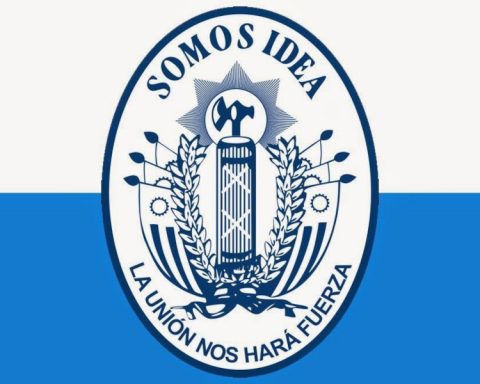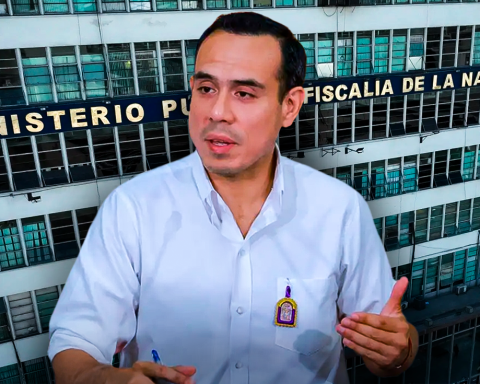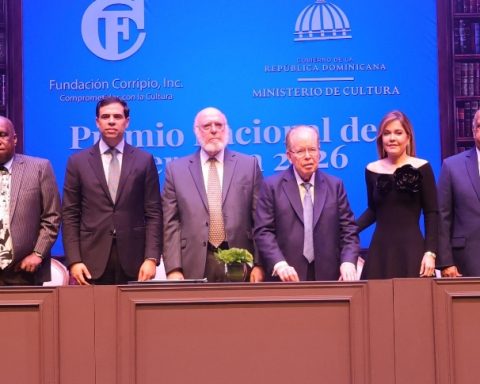The recaudation of more than US$ 400 million as a result of eliminate differential withholdings between soybeans (pay 33%) and oilseed by-products (pay 31%) they analyze allocating it to subsidize the price of wheat and corn flour.
Official sources told El Cronista after the President Albert Fernandez met today at the Casa Rosada with the Minister of Agriculture, Livestock and Fisheries, Julián Domínguez, to define what the increase in withholdings on soybean by-products will be. The meeting was hours after suspending the registration of exports of soybean meal and oil.
The decision to increase withholdings that will probably be communicated in the coming daysmay be accompanied by an increase in export duties on wheat and corn, although they should go through Congress.
In less than a month, the price of a 25-kilo bag of wheat flour increased by an average of 100% throughout the country. Given the concern about the escalation of the raw material for all bakeries, the With this money, the government seeks to finance a new trust to support the price of wheat and corn flour.
Through an official statement, and in accordance with article 18 of resolution 128 of 2019 of the Ministry of Agriculture of the Nation, it was decided on Sunday that from that day and “huntil further notice” the suspension of the approval of applications for the Sworn Declaration of Export Operations (DJE) of soybean by-products, such as flour and oil.
That is, so far exports are closed, there was no increase in withholdings. The Analysts anticipate that as these products do not have an impact on the prices of the domestic market, by closing the exports of soybean oil and mealthe government seeks to increase the withholdings of both products from 31% to 33% for fiscal reasons.
In this way, the difference in export duties between soybeans, which pay 33%, and by-products, is eliminated. From now on everyone would pay 33% withholdings.
According to the calculations of the economist Fernando Marull, the government’s collection will increase by US$ 450 million by raising two points of withholdings on soybean meal and oil, which means 0.9% of the Gross Domestic Product (GDP).
While the Economic Cabinet has been discussing for days how to further decouple international prices from local ones, there are internal ones because the positions are opposed. Domínguez maintained in his last public appearances that he was not in agreement with raising withholdings, but the wing led by Roberto Feletti, secretary of Internal Trade, presented a proposal to double export duties.
Liaison Table prepares debate in Congress
The rural entities that make up the Liaison Table rejected with a statement the closure of soybean meal and oil exports and they anticipate what the president will announce and they asked Congress: “Put an institutional order on the legislation on withholdings.”
“Recent history marks that, after this type of measure, a new withholding scheme is coming,” they remarked from the Agricultural Intercooperative Confederation (Coninagro), Argentine Rural Confederations (CRA), Argentine Agrarian Federation (FAA), Commercial Federation of Córdoba (Fedecom), Argentine Rural Society (SRA).
“The word of the government is so devalued after raising fuel. That one day they say they are worried about the Argentine table and increase the price by 11.5% in one fell swoop, it is not credible, it does not help to lower the inflation,” explained Carlos Achetoni, president of the FAA, to El Cronista.


















